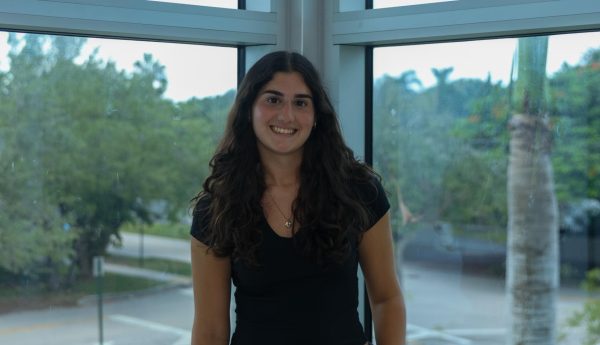Even after its introduction, when the academic integrity policy and citation policy are discussed, many dismiss it, viewing it as a silly rule students must follow. However, it is much more than that and has been ignored much more than just once, not only by high schoolers but also in the world of higher education. From students to professors, there have been countless acts of plagiarism in recent years.
On Jan. 2, the President of Harvard University, Claudine Gay, stepped down from her position due to acts of plagiarism. Before this, many were already against her due to her response to the acts of antisemitism on the Harvard campus. When asked in a court hearing about whether or not this breaks Harvard’s anti-bullying rules, Gay’s response was as follows: “It can be, depending on the context.” Later interviewed by The Harvard Crimson two days after the hearing on Dec. 5, 2023, Gay apologized for the comments she had made, but it did not do anything to help patch up her already fractured reputation.
Later reports of plagiarism in her work on political science did not seem to do her any justice, either. These incidents included incorrect citations, where she had removed quotations from an original statement. An example is found in her 1997 dissertation, where she “borrowed” text from a previous classmate and professor, but failed to mention them or give them credit for their research.
To avoid negative attention from these accusations, Gay resigned, but, before she had, she published all of her previous works where mistakes were found with the proper corrections needed.
The scandal surrounding the Gay dilemma seemed to harm even Harvard’s reputation, with many accusing the prestigious university of not caring enough about the situation, or not taking any action sooner. This led the President of the American Council of Trustees, Michael Poliakoff to encourage other institutions to do more presidential searches in order to ensure issues like this do not occur again.
And so, a question arises: If respected adults cannot be trusted enough not to plagiarize the content of others, how does this bode for this generation of university students’ respect for these rules?
This issue has been repeated by students, professors and presidents alike, showing this is not an issue of being too young or naïve, but a basic issue of knowing right from wrong. However, with recent restrictions on plagiarism in high schools in response to this trend, the issue of plagiarism is slowly becoming preventable.
Similar to how James Watson and Francis Crick allegedly stole the DNA model from Rosalind Franklin, many of these cases are of the stealing of information without the credit and necessary sourcing. The fact that this case happened over 70 years ago and did not come to light until years later shows the little amount of care for the original producer that goes into the act of not giving any credit whatsoever. However, this also reflects how even when Watson and Crick most likely thought that this would not catch up to them in the future: it did. Just like how it did with Gay 26 years after that dissertation was made and just like how it was for the 125 Harvard students who cheated on their exams in 2012, the effects of their actions will always catch up to them.
Even if it was as simple as not citing properly, those mistakes can easily be fixed by having multiple people review the work as well as reading the sources.
Artificial Intelligence technologies, such as ChatGPT, have made plagiarism and cheating more widely accessible. By making students aware of the consequences that follow these acts, they could be convinced to stop altogether, or at least use the websites less. Academic Integrity policies are coming to fruition, as seen within the four walls of Miami Palmetto Senior High, with the repercussions becoming harsher; from not gaining full credit to being dropped from the class, the more one chooses to cheat off of another student or use any type of AI.
Slowly but surely, efforts to prevent these scandals from happening have been taken, but the reality of the situation is that stopping plagiarism cannot happen overnight; it will still occur.
Dishonesty about one’s work has never and will never be an acceptable thing to do. It does not matter who the person is, how old they are or their line of work; cheating is cheating and dishonesty is dishonesty.




